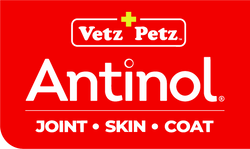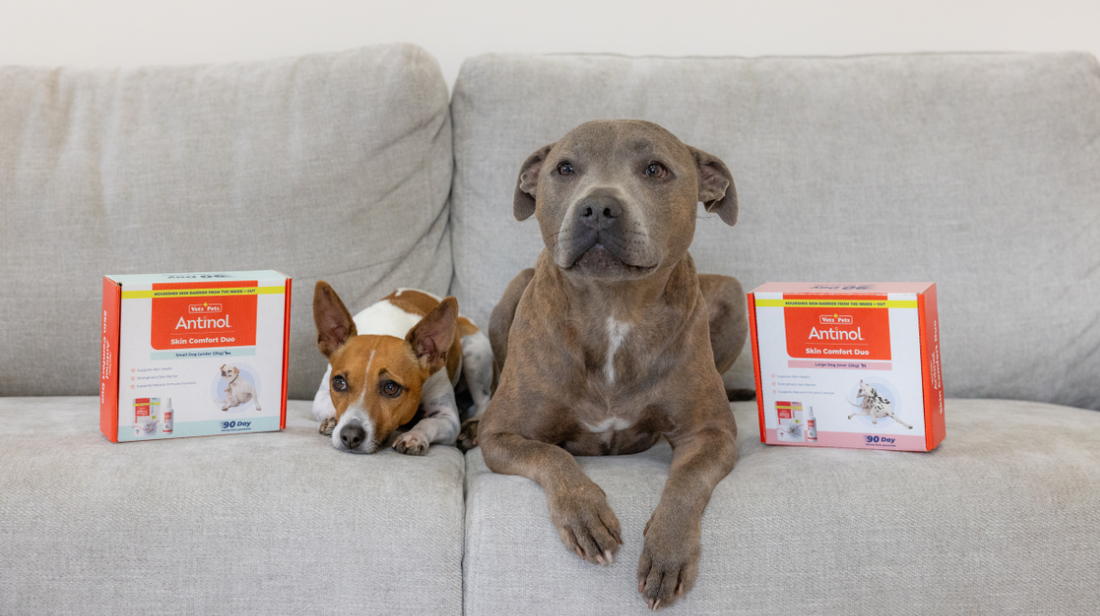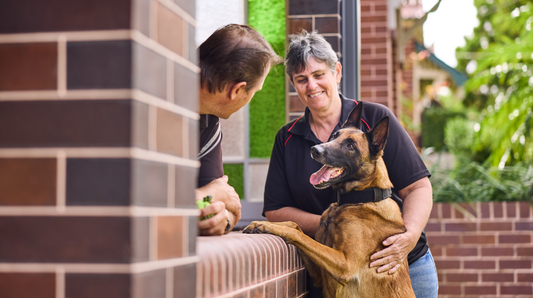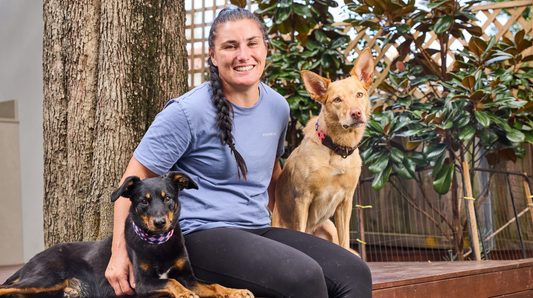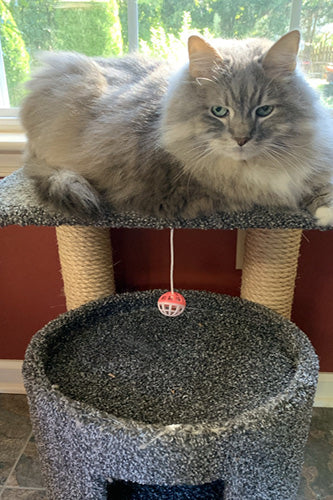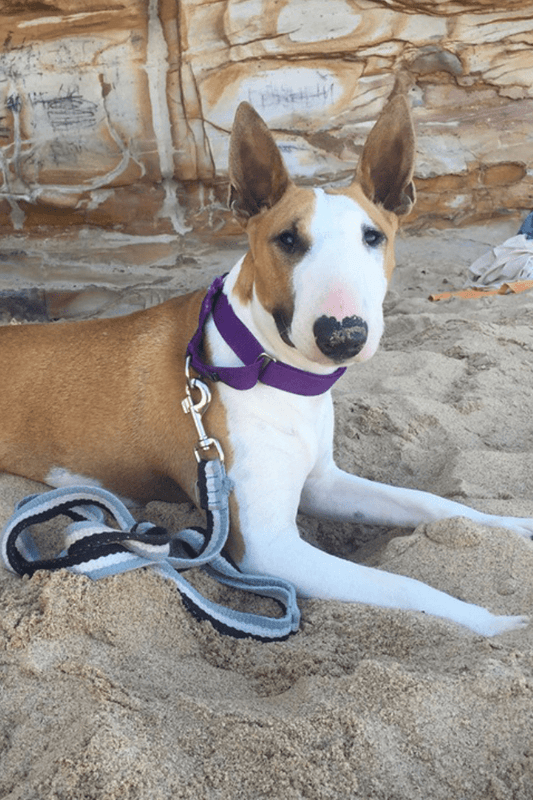We often assume our dogs’ skin is tougher than ours. After all, they spend time outdoors, run through grass, and roll around on the ground. But the truth is, your dog’s skin is more delicate than you think — and more prone to irritation.
Understanding just how sensitive your dog’s skin is helps you make better choices to keep them comfortable and healthy.
Thinner skin, fewer layers
Compared to human skin, dog skin is thinner and has fewer protective layers. This means it loses moisture more easily and is more vulnerable to external irritants like pollen, grass, and dust.
Everyday triggers for irritation
It doesn’t take much to upset a dog’s skin. Common triggers include:
- Seasonal changes in temperature and humidity
- Environmental allergens like pollen or mould
- Grooming products or shampoos not designed for dogs
- Household cleaning products or sprays
- Regular contact with grass, dirt, or water
- Because their skin is naturally more sensitive, even mild exposure can lead to discomfort.
Signs your dog’s skin is stressed
Sensitive skin can show up in small ways before it becomes a bigger problem. Look for:
- Scratching, licking, or chewing at certain spots
- Redness, flakes, or dry patches
- A dull, lacklustre coat
- Sensitivity when touched
Catching these early signs means you can support your dog before it escalates into long-term discomfort.
Caring for sensitive skin the right way
Because dogs’ skin is so delicate, it’s important to choose products made specifically for them. Antinol® Skin Topical Spray is formulated with gentle, natural ingredients and is steroid-free, making it safe for daily use on sensitive areas like ears, paws, and belly.
For long-term support, pairing topical care with Antinol® Skin Support Plus capsules helps nourish the skin barrier from the inside out.
Your dog’s skin is thinner, more sensitive, and more vulnerable than you might think. With the right care, you can protect their comfort and keep them happy in every season.
